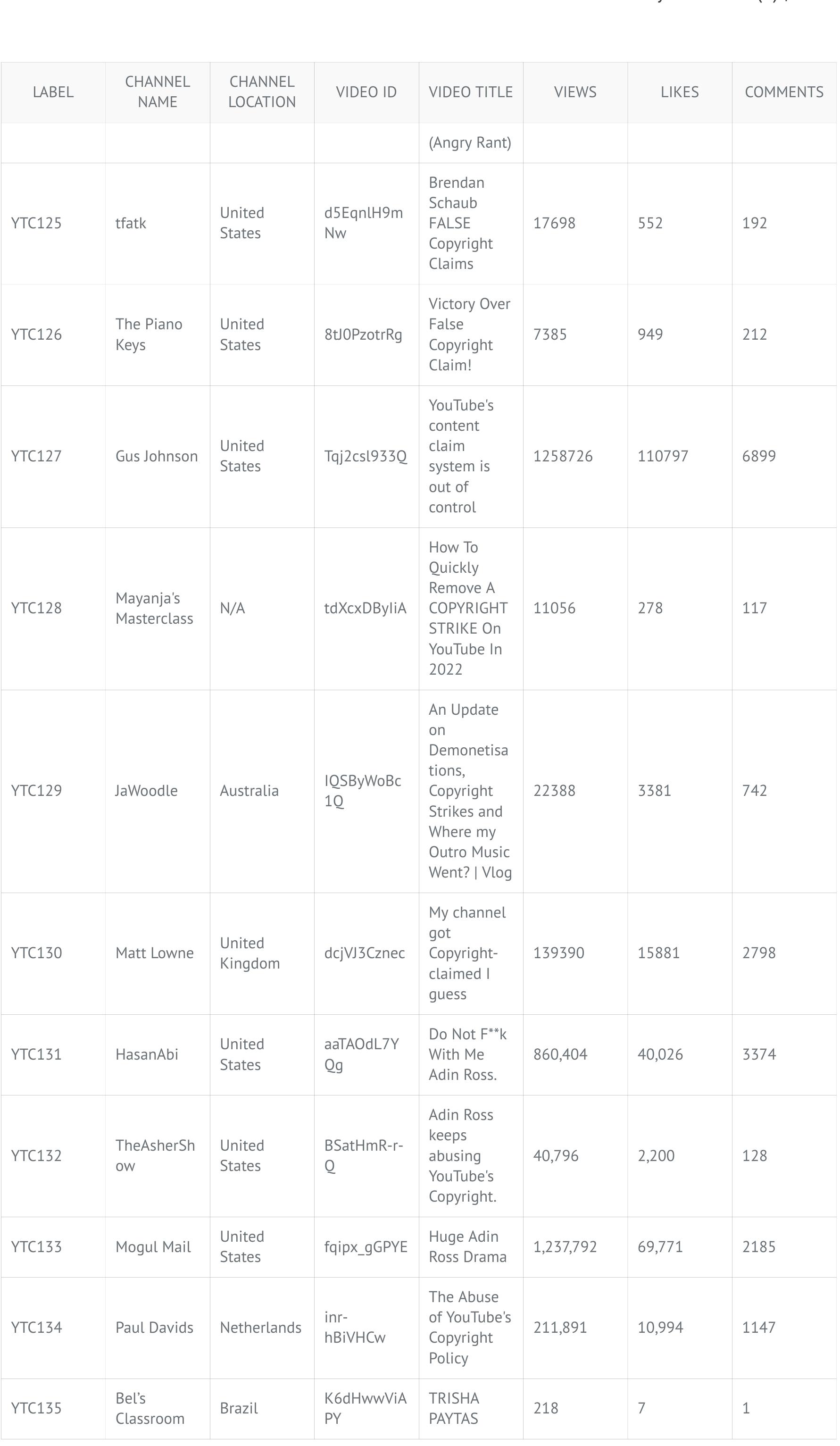Key research themes
1. How can transparency and accountability be meaningfully enhanced in commercial content moderation systems?
This research area focuses on identifying precise informational needs of content moderation subjects and independent stakeholders to improve accountability beyond generic ‘transparency’ claims. It matters because platforms moderate user content with significant impact but provide limited insight into decision processes and criteria, obstructing informed public debate and effective governance. The theme advances from general transparency calls to specifying communicative accountability mechanisms that link content moderation decisions to contextual explanations enabling better user comprehension and external analyses of systemic trends.
2. What are the psychological impacts on human content moderators and how can their welfare be supported?
This theme investigates the mental health challenges faced by human moderators exposed to disturbing user-generated content and the organizational, technological, and policy responses to mitigate harm. It is critically important as millions in shadow labor roles moderate traumatic content under precarious conditions often involving outsourcing and non-disclosure agreements, leading to psychological distress, PTSD-like symptoms, and systemic exploitation. Understanding moderator well-being informs more ethical content governance and sustainable moderation ecosystems.
3. How do community and platform-level moderation practices develop in dynamic, context-sensitive online environments?
This theme explores the evolving processes through which volunteer or paid moderators acquire knowledge and exercise judgment in managing user behavior and content, especially within diverse communities and fast-changing platforms. It investigates reflective, participatory, and proactive approaches to moderation that negotiate standards and norms amidst complexity and ambiguity. Understanding these processes is vital for designing moderation systems that are adaptable, socially sensitive, and legitimized by community trust.






















